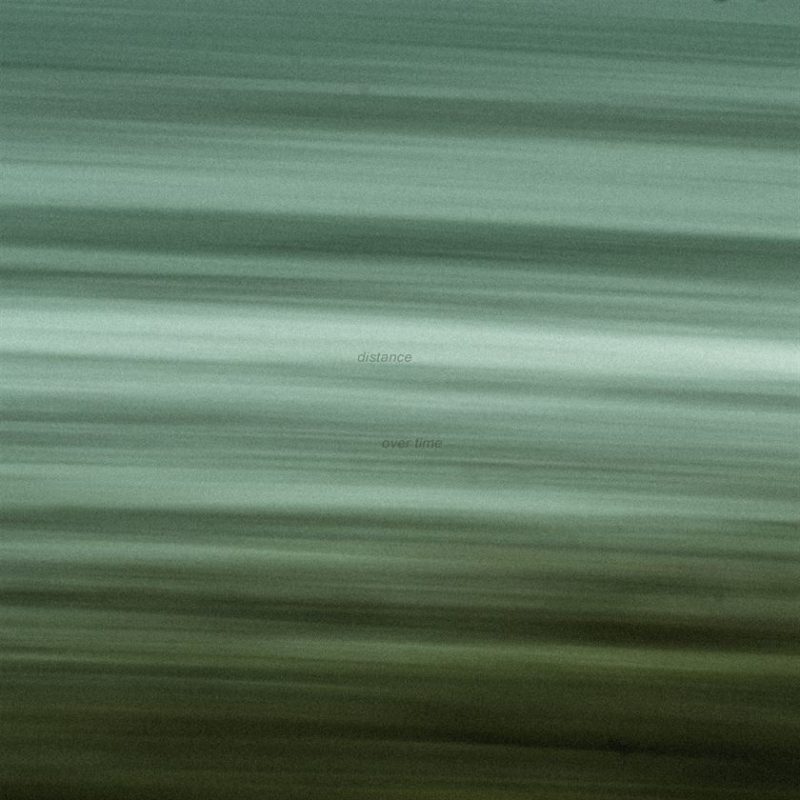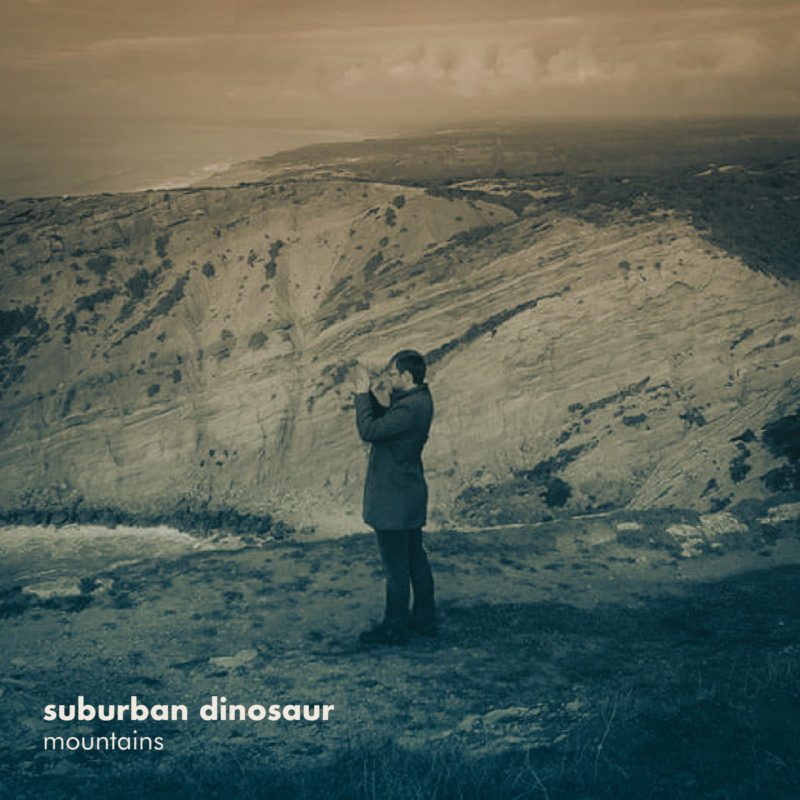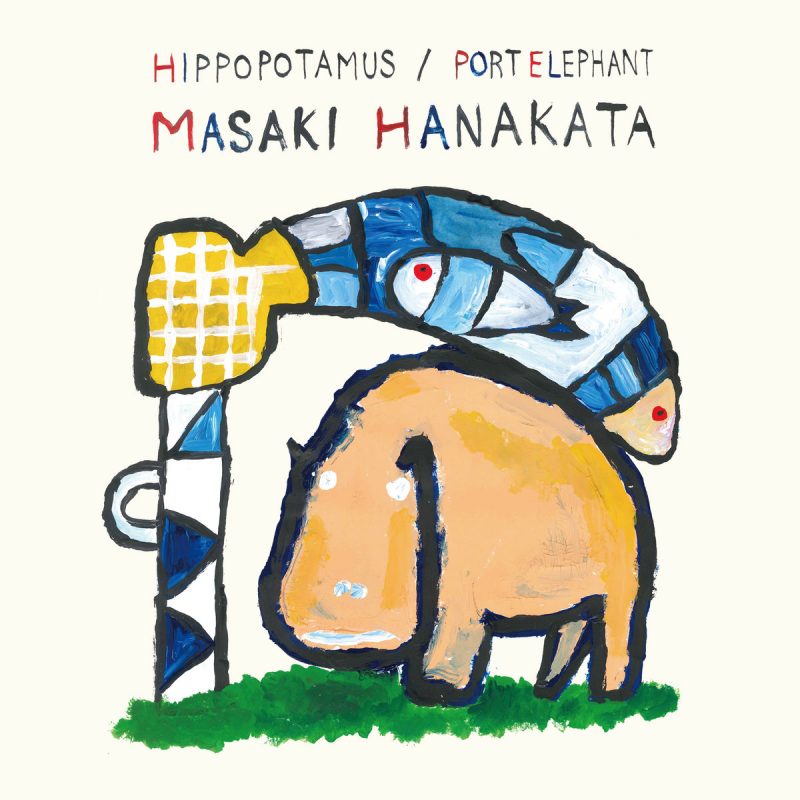Sam Butler is likely best known for his time as the bass player for Banks Arcade. Recent life changes have signaled time for new opportunities, allowing Butler to explore different avenues.
He put the word out last year, wanting to start a post-rock group. I even had him over at one point for a jam in my bedroom. But a shift to the sleepy town of Nelson put those plans to rest, so Butler decided to see what he can do on his own. The result is the over time EP, put out under the moniker of Distance.
The timing seems slightly comical, considering all the jokes circulating about how we are about to get flooded with bedroom albums and solo projects due to the covid 19 lockdown period, but don’t worry, this is actually quality output.
Butler shares with me about the inspiration behind the EP. The immense Nelson Pine factory plant in Richmond is responsible for producing a lot of the MDF, plywood and timber that we use in our part of the world. You can see the constant plume of “steam” churning out from it’s chimneys at all hours.
Butler noticed this during a commute to work one day and it got him thinking about the water cycle. One thing led to another, and before long he’d formed a song in his head that revolved around the concept of water. Wanting to extend himself, he expanded upon the theme, introducing other elements of nature, and in the end settling on five elements he loved about New Zealand: water, trees, sky, mountains and people.
Most post-rock music is instrumental by nature, leaving the music open to interpretation by the listener. But I do love when post-rock artists use an overarching concept to influence and inform the songwriting process. It can result in a more interesting final product, which invites the listener to interact with the themes and messages of the music on a deeper level. Take Ranges, hubris. or Lost in Kiev, for example.

“coalescence” is the original water themed track that jump-started this project. Butler shares that “throughout the song, raindrops fall, coalesce, create puddles, rivers and streams, and then finally join the ocean, where they crash about in the final climax.” Guitar notes with plenty of delay and thunderous drums echo within a sparse chamber before sharply plucked bass and monstrous layers of guitar consume everything and engulf you. I especially love the blink-and-you’ll-miss-em drum fills towards the end of the track.
It’s clear that Butler is a fellow believer, having paid his dues at the altar of Jakob. The rolling bass line in “coalescence” and the hollow snare tone on “tectonic” – there’s no mistaking where he drew key inspiration for those aspects of the music from.
Butler utilises wonderful field samples, of rolling water, of crashing waves upon the shore, of tranquil birdsong, of people chatting. These recordings lend themselves to the concept that anchors the music, as well as adding an georgeous textural layer to the sounds.
I just adore the birdsong in “undergrowth”. The music contains tribal percussive elements and grunty riffs that sound like the lovechild of Jakob and Tool.
The heaviest track is “firmament”. It sounds crushing and huge, a dense slab of noise which threatens to overwhelm everything.
One of the better known Māori whakatauki (proverbs) is:
He aha te mea nui o te ao. He tāngata, he tāngata, he tāngata
What is the most important thing in the world? It is people, it is people, it is people.
It’s a nice touch naming the final track “(treasure)”, knowing that the working title was “People”, making me guess that the name is alluding to the whakatauki.
The track is very much a nod to the origin of ambient music: Brian Eno’s Music for Airports. We hear hustle and bustle, distant sirens, people connecting. Similar to “Coda” from Pillars’ outstanding 2019 record Cavum, it’s a touching track that explores mundane yet magical aspects of life, and a brilliantly soft finish to a great collection of music.
This is an extremely promising release from Butler, and certainly exceeds all expectations in terms of quality, considering it’s a lock-down bedroom project. Looks like I missed a grand opportunity, given that we could have teamed up to start a band when he lived in Wellington. That aside, over time is well worth your attention, with well crafted songs that sound great, and an understated concept of gratitude that we would all do well to remember in trying times such as these.

distance links:
Bandcamp: https://distancenzl.bandcamp.com/album/over-time
Youtube: https://www.youtube.com/watch?v=qkFeC2SN-QY
Spotify et al: https://distrokid.com/hyperfollow/distance2/over-time
Facebook: https://www.facebook.com/distancenz
Instagram: https://www.instagram.com/distancenz/




